This week has of course been all about Brexit with the Article 50 notice formally served on Wednesday. Bu published information for staff and students on Wednesday.
Then the White Paper setting out the plans for the Great Repeal Bill which will deal with arrangements to make UK law work once the UK has left the EU – a challenge given how much EU law has been incorporated into UK laws and regulations. The Bill itself has not been published, but the approach it will take is set out in the White Paper:
- “In order to achieve a stable and smooth transition, the Government’s overall approach is to convert the body of existing EU law into domestic law, after which Parliament (and, where appropriate, the devolved legislatures) will be able to decide which elements of that law to keep, amend or repeal once we have left the EU. This ensures that, as a general rule, the same rules and laws will apply after we leave the EU as they did before….
- The approach outlined in this White Paper is designed to give businesses, workers, investors and consumers the maximum possible certainty as we leave the EU: but it also needs to provide the flexibility necessary to respond to all eventualities of the negotiation process.
- This is a separate process from that by which the Government will bring forward a motion on the final agreement to be voted on by both Houses of Parliament before it is concluded.
- The Great Repeal Bill will not aim to make major changes to policy or establish new legal frameworks in the UK beyond those which are necessary to ensure the law continues to function properly from day one. Therefore, the Government will also introduce a number of further bills during the course of the next two years to ensure we are prepared for our withdrawal – and that Parliament has the fullest possible opportunity to scrutinise this legislation”.
- The most controversial part of the proposal relates to powers to make secondary legislation. The White Paper says “This will enable corrections to be made to the laws that would otherwise no longer operate appropriately once we have left the EU, so that our legal system continues to function correctly outside the EU, and will also enable domestic law once we have left the EU to reflect the content of any withdrawal agreement under Article 50.”
So will there be any changes to UK law linked to Article 50 – there are some clues in the White Paper:
- Customs bill
- Immigration bill
- And on consumer protection, the Government intends to bring forward a Green Paper this spring which will closely examine markets which are not working fairly for consumers
What the White Paper says won’t change:
- Environmental protection
- Worker’s rights and equalities
- Participation in European Convention on Human Rights (ECHR), but not the EU Charter on Human Rights
Read more about the process for Brexit here.
Universities are not mentioned in the paper (except in the introduction where it is noted that the government acted fast to reassure applicants about fees) – there are on-going calls for the question of EU citizens in the UK to be settled fast, along with fee guarantees for students starting in 2018/19. UUK’s priorities for Brexit are set out in their short paper here and there are some interesting views written for the Universities All Party Parliamentary Group here.
Fake Research – UUK has a new blog on fake research following comments in the news about it. The blog helpfully brings together the latest reports and information in this area including the Research Councils UK guidance issued recently.
Higher Education and Research Bill – this will have its third reading in the House of Lords on Tuesday No more amendments have been added since the debate was postponed following the Westminster attacks. However, we know a little bit more about the government’s approach to the opposition and cross bench amendments made by the Lords. The bill will go back to House of Commons (to start its “ping-pong”) after Easter.
For example, of the 5 non-government amendments, one related to the requirement that universities should share information with local authorities to ensure that students are registered to vote. Jo Johnson has written a letter to HEFCE requesting that they do more to encourage institutions to support students to register to vote. They ask HEFCE to develop a best practice model and then encourage universities to use it. This amendment this therefore likely to be removed in the House of Commons
Another provided that the OfS could not approve a provider unless it has been validated for at least 4 years (as now) or has been approved by a Quality Assurance Committee as being full able to maintain the required standard for the duration of its authorisation and that it operates in the public interest and the interest of students. It seems unlikely that this will survive in the House of Commons:
- A letter dated 22nd March from Jo Johnson sets out the government’s position that the student protection arrangements should cover this and that there will be a consultation on this as part of a Regulatory Framework consultation in the autumn of 2017.
- A letter dated 8th March from Jo Johnson sets out why the government believes that the current validation arrangements do not work and explains why it should be easier for new providers to be authorised.
The other 4 amendments were:
- Requiring UKRI to encourage international collaboration, not allowing students to be treated as long term migrants and not allowing more visa restriction on student or staff immigration more stringent than the day the act is passed – this is likely to be removed in the Commons pending the wider consultation on immigration policy which has been delayed since November
- Removing the TEF clause and requiring the OfS to introduce instead a scheme to provide information about quality, which is approved by Parliament and which cannot be used to create a single composite ranking – This is likely to be removed in the Commons but it will be interesting to see if any concessions are made about the TEF. So far subject level TEF has been postponed for a year to allow for 2 years of pilot, but other changes may be forthcoming
- A statement that the TEF (or its replacement) cannot be used to rank institutions as to the fees that they charge or the number of students they recruit, in the UK or overseas – this seems unlikely to survive – the student number/immigration issue will be dealt with as above, and the fee issue is so key to the government’s position on fees that it seems very unlikely to be dropped. There has been surprisingly little pick up on this issue – see the VC’s blog on this. There is a blog by Professor Mark Smith here.
- The grounds in which institutions can appeal the revocation of their authorisation, so that instead of being on the grounds of an error of fact, a decision being wrong in law or unreasonable, it now just says that institutions can appeal on the grounds that “the decision was wrong” – this seems unlikely to survive – see the letter from Viscount Younger and Lord Young dated 20th
Apprenticeships – The Commons Select Committee on Education, Skills and the Economy have published a report on apprenticeships which raises a number of concerns about the focus on quantity over quality.
Social Mobility – Justine Greening gave a speech on 30th March on social mobility. She set out three priorities:
- tackling geographic disadvantage
- investing in long-term capacity in our system
- making sure our education system as a whole really prepares young people and adults for career success
This speech refers to the plans for schools to work with universities but doesn’t give any more information (we are still waiting for the response to the consultation), technical education and widening access to universities.
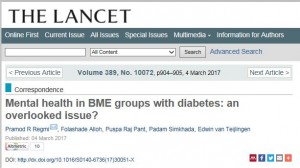
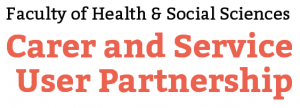
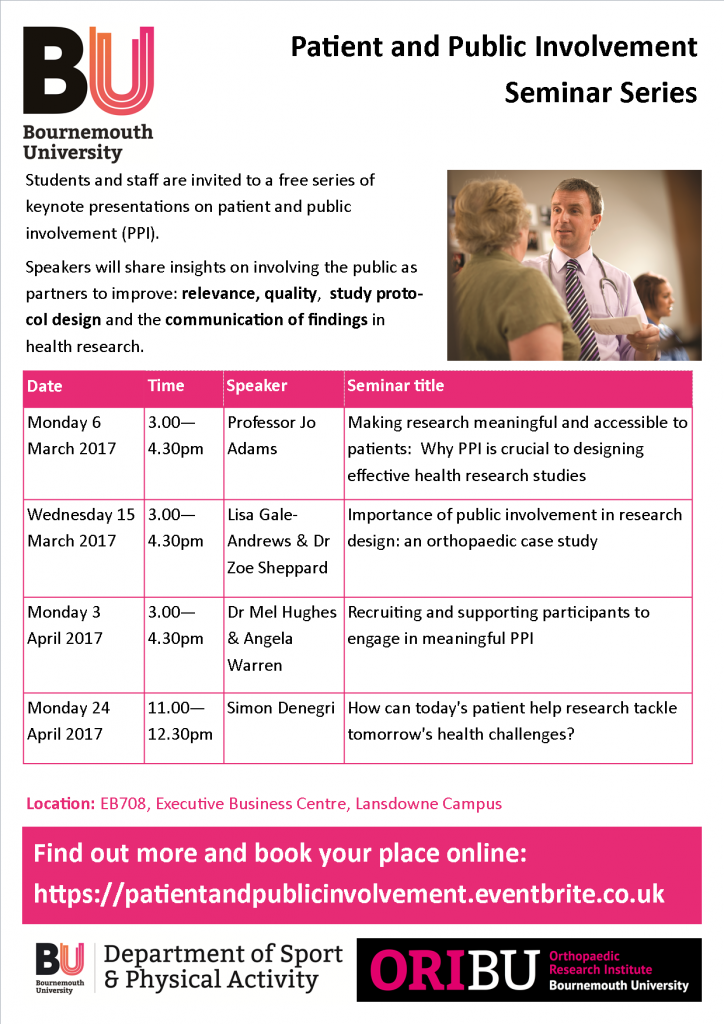
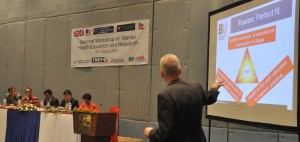
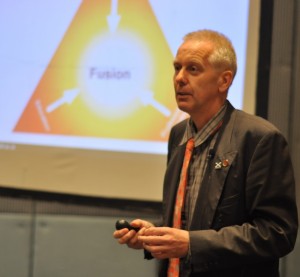


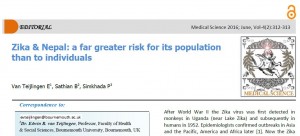
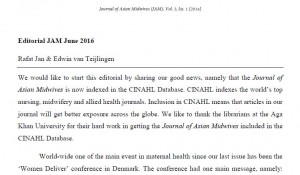
 As an ECR I am delighted to see that a research paper that Prof. Pritchard and myself wrote in 2014 has been cited in one of the most well regarded journals in the field.
As an ECR I am delighted to see that a research paper that Prof. Pritchard and myself wrote in 2014 has been cited in one of the most well regarded journals in the field.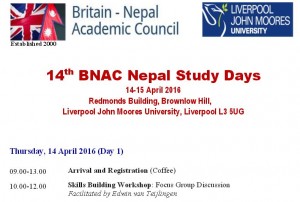



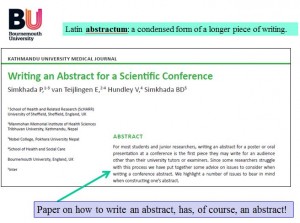












 Seeing the fruits of your labour in Bangladesh
Seeing the fruits of your labour in Bangladesh Exploring Embodied Research: Body Map Storytelling Workshop & Research Seminar
Exploring Embodied Research: Body Map Storytelling Workshop & Research Seminar Marking a Milestone: The Swash Channel Wreck Book Launch
Marking a Milestone: The Swash Channel Wreck Book Launch No access to BRIAN 5-6th February
No access to BRIAN 5-6th February ECR Funding Open Call: Research Culture & Community Grant – Application Deadline Friday 12 December
ECR Funding Open Call: Research Culture & Community Grant – Application Deadline Friday 12 December MSCA Postdoctoral Fellowships 2025 Call
MSCA Postdoctoral Fellowships 2025 Call ERC Advanced Grant 2025 Webinar
ERC Advanced Grant 2025 Webinar Update on UKRO services
Update on UKRO services European research project exploring use of ‘virtual twins’ to better manage metabolic associated fatty liver disease
European research project exploring use of ‘virtual twins’ to better manage metabolic associated fatty liver disease